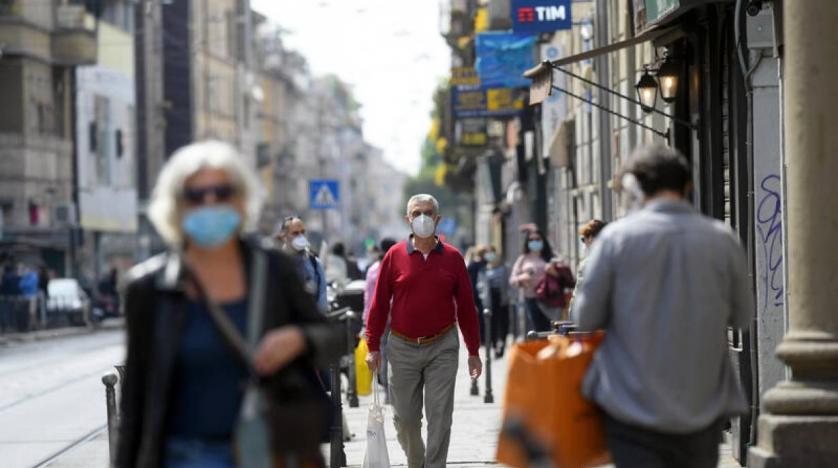'Haphephobia' Becomes More Common in France Due to Coronavirus

Asharq Al-Awsat
French doctors have noticed increased anxiety about catching the COVID-19 infection among their patients, especially women. Since the coronavirus outbreak four months ago, and the government's recommendations on hands sanitizing and social distancing, a new kind of phobia known as "Haphephobia" has become more common in France.
People with Haphephobia, the fear of being touched, keep more distance from crowds and fear handshaking and touching daily life objects such as shopping bags, banknotes, credit cards, and doorknobs even while wearing protective gloves.
Although health authorities have recommended people to stick to instructions that help avoid the infection, Haphephobic people go beyond that by adopting an extreme social distancing approach, locking themselves in a bubble-like isolation, and completely avoiding the streets and public places. Speaking about one of his patients, a 30-year-old employee named Marine, a doctor says: "Since the start of the pandemic, she has been living like a turtle in a shell. When she needs to leave her apartment to buy food, she walks away from other pedestrians and avoid anyone she might know."
The doctor adds that "this lady living in the city of Lyon was a sociable employee who works in digital programming. However, since the coronavirus outbreak, she turned into an anxious, lonely human who hates approaching people and avoids acquaintances, even her family members." Marine admitted to her doctor that when someone wants to shake her hand, she gets goosebumps, begins to sweat, and her breath shortens.
Professor Bernard Andrieu, professor of philosophy at the University Paris- Descartes explains: "Haphephobia is not a novel phenomenon, but it wasn't related to pandemics. It is common among people who experienced sexual abuse, and represents a reflection of their deep feelings."
But today, this type of phobia affects people who live a coronavirus anxiety, and are unable to resume a normal social life.
Latest News
-
 EU Parliament greenlights €500 million aid package for Jordan
EU Parliament greenlights €500 million aid package for Jordan
-
 Safadi, Palestinian vice president discuss Gaza ceasefire, escalation in West Bank
Safadi, Palestinian vice president discuss Gaza ceasefire, escalation in West Bank
-
 King, Lebanon president discuss regional developments
King, Lebanon president discuss regional developments
-
 Israel Defense Minister Vows to Stay in Gaza, Establish Outposts
Israel Defense Minister Vows to Stay in Gaza, Establish Outposts
-
 Cabinet suspends mandatory retirement rules, approves funding measures
Cabinet suspends mandatory retirement rules, approves funding measures